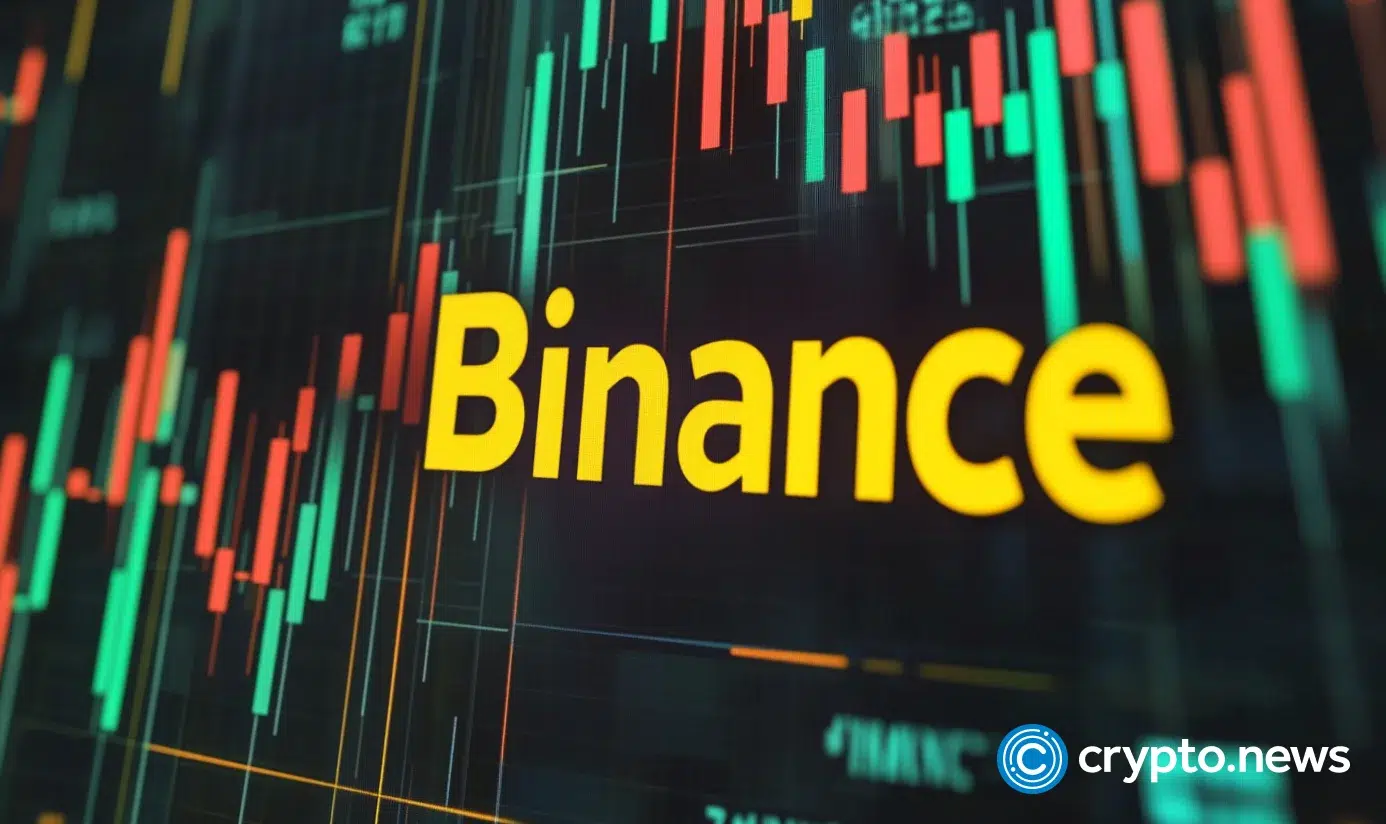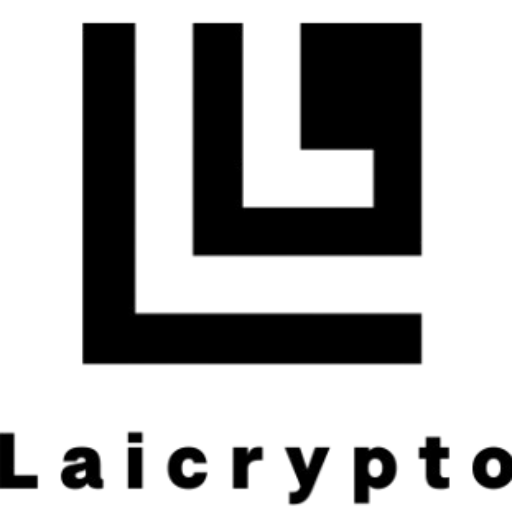
Binance Research tackles DeFAI, AI agents that autonomously work together with DeFi protocols.
AI is slowly taking on the DeFi area. On Wednesday, Could 14, Binance Research launched a report on the way forward for AI agents in DeFi. The report particularly discusses DeFAI, or AI agents that may work together autonomously with DeFi protocols.
“DeFi has lengthy served as probably the most outstanding and enduring real-world use case for
blockchain expertise. It gives a programmable, permissionless monetary layer that
has facilitated all the things from lending markets to decentralized exchanges,” Binance Research.
These agents are in a position to commerce, allocate liquidity, and even take part in DAO votes—all with minimal human oversight. In accordance with Binance Research, this aligns with a serious purpose of blockchain: facilitating capital markets with out intermediaries.
“On this context, DeFAI — the applying of autonomous AI agents to DeFi programs — represents not simply one other innovation, however a continuation of crypto’s most credible worth proposition: disintermediated monetary infrastructure,” Binance Research.
DeFAI agents are quickly gaining traction
Agents are now in a position to automate complicated DeFi duties that beforehand required guide intervention by merchants. This consists of managing liquidity, navigating cross-chain bridges, and adopting numerous buying and selling methods. They will additionally assist deal with DAO voter apathy by routinely voting based mostly on a person’s preferences.
Binance Research additionally highlighted a report projecting that the AI agents market will develop from $7.84 billion in 2025 to $52.62 billion by 2033. This consists of not solely buying and selling agents but additionally agents concerned in shopper assist, analytics, automation, and extra.
Nonetheless, this expertise additionally exposes the blockchain trade to sure dangers, notably in DAO governance. Whales and dangerous actors might leverage these agents to spam proposals, manipulate quorums, and collude. This has the potential to result in centralization inside DeFi protocols.



